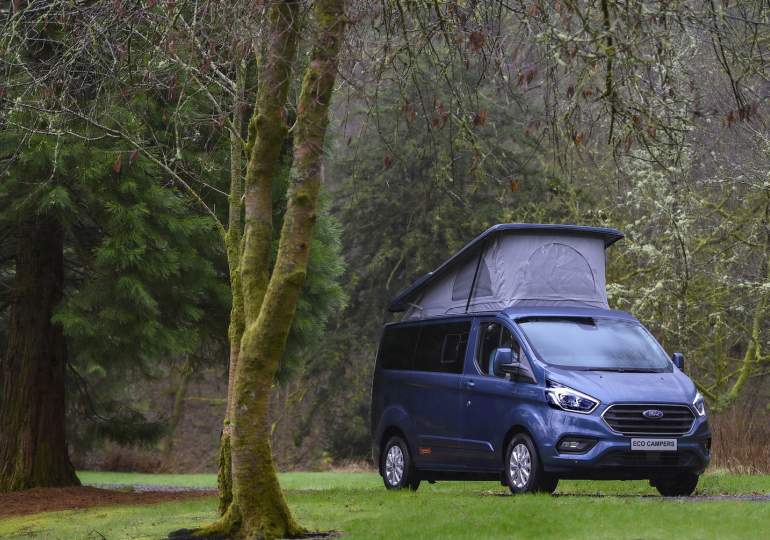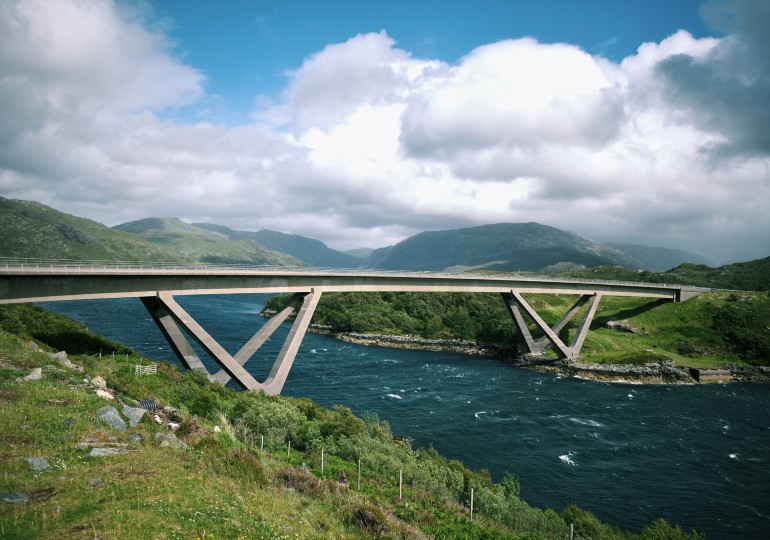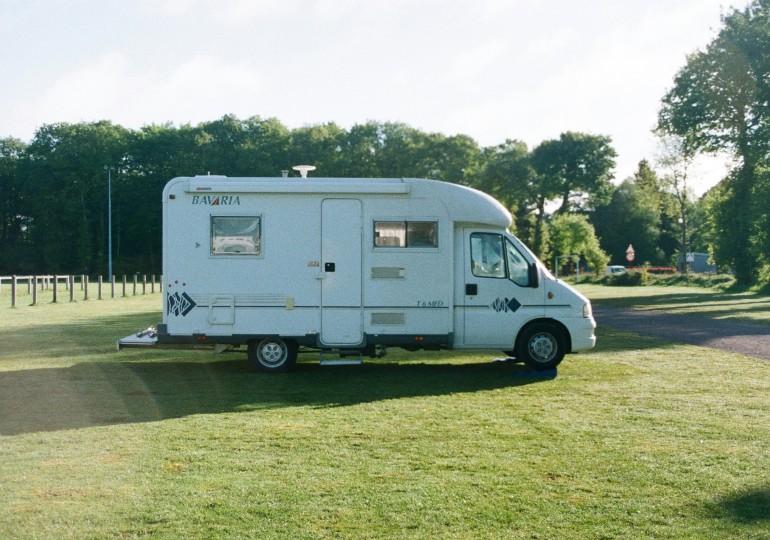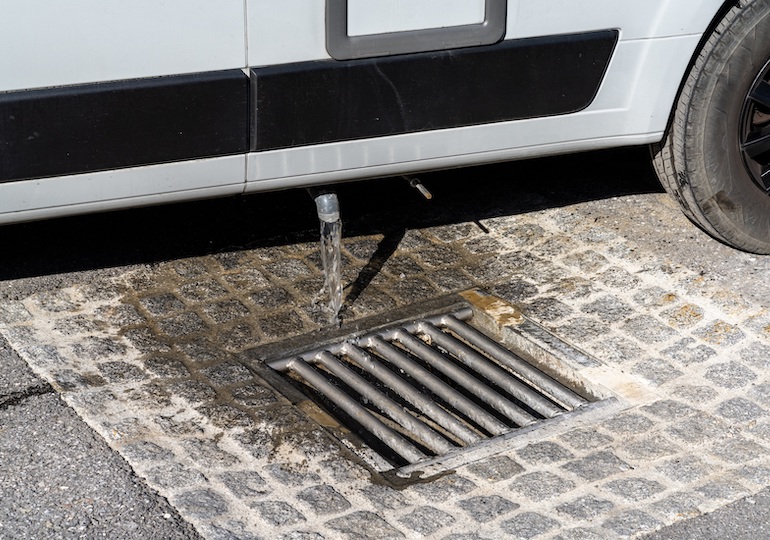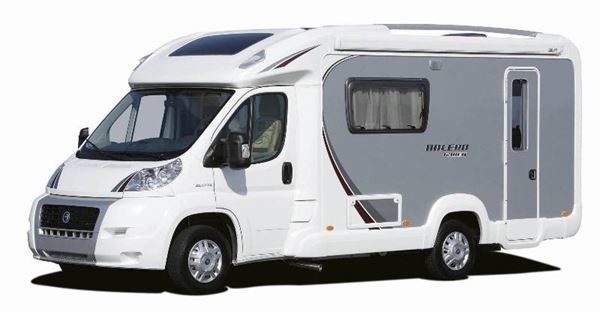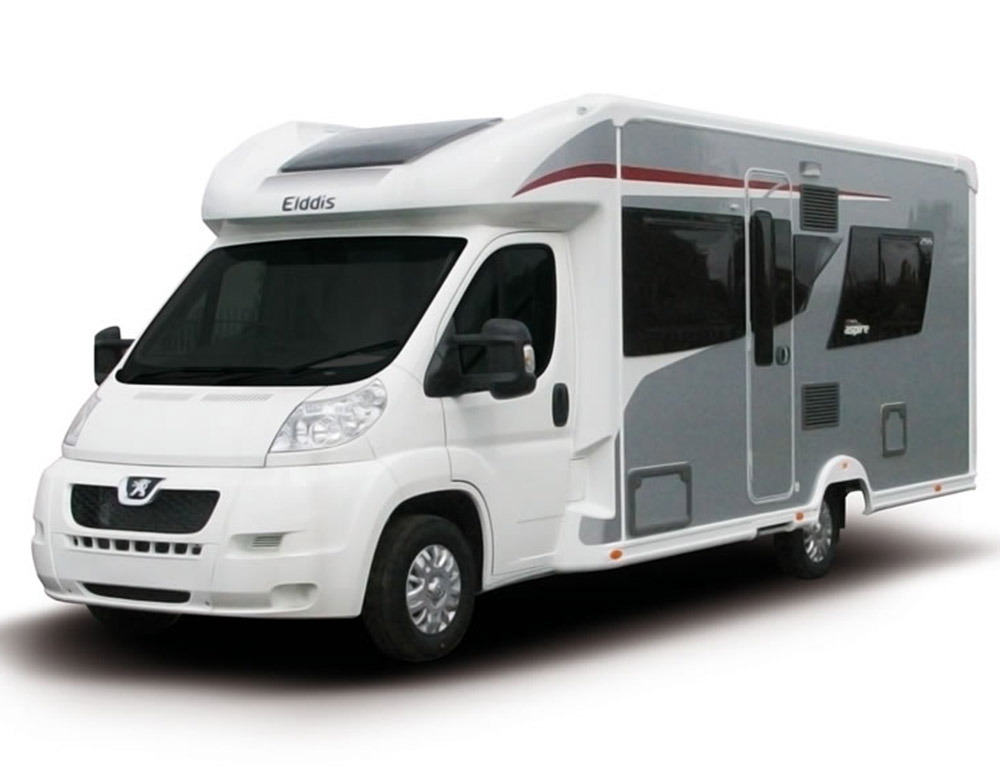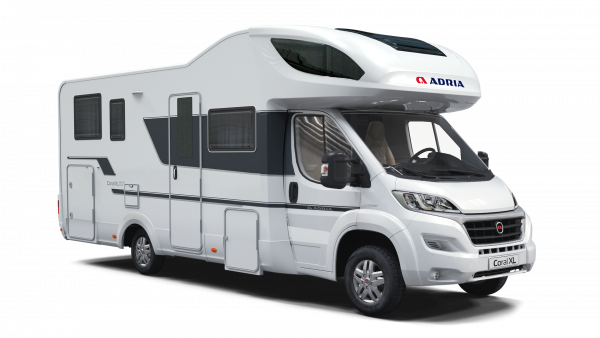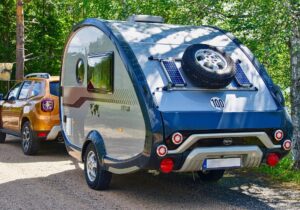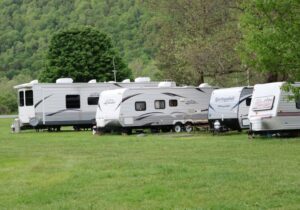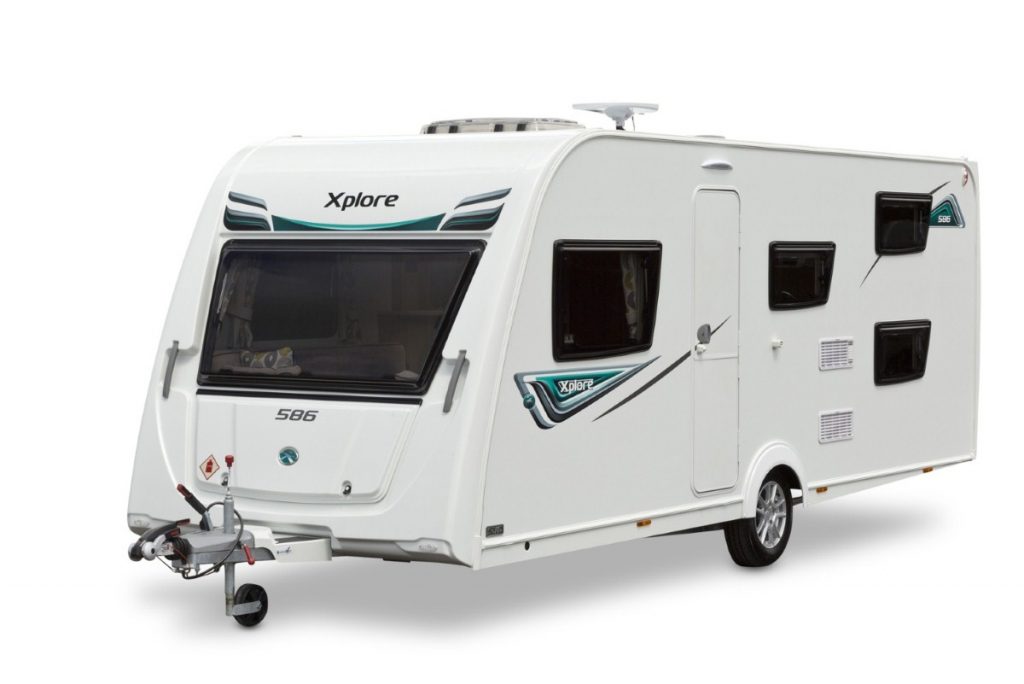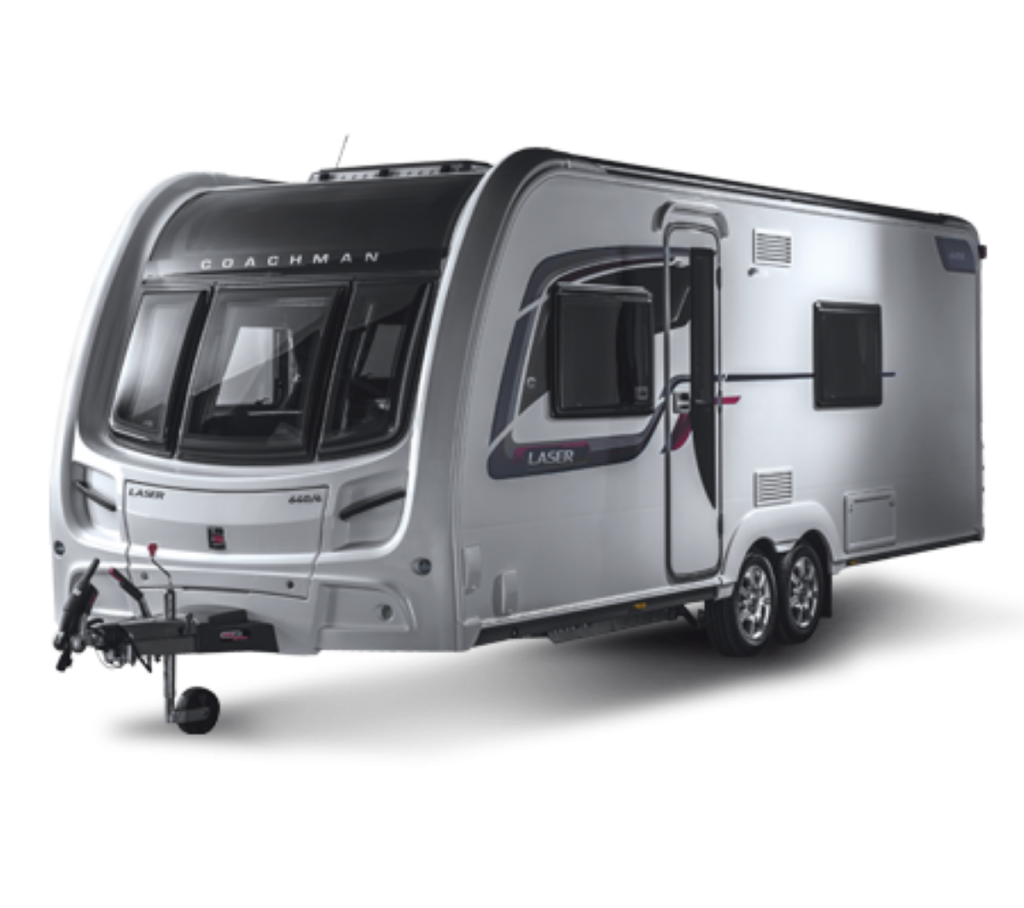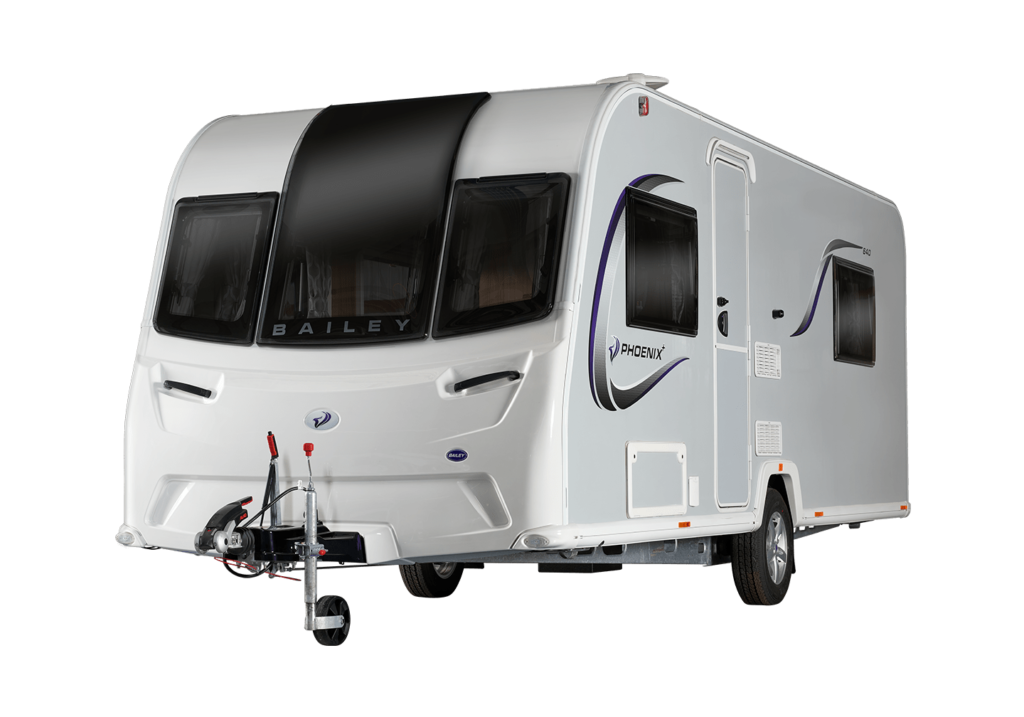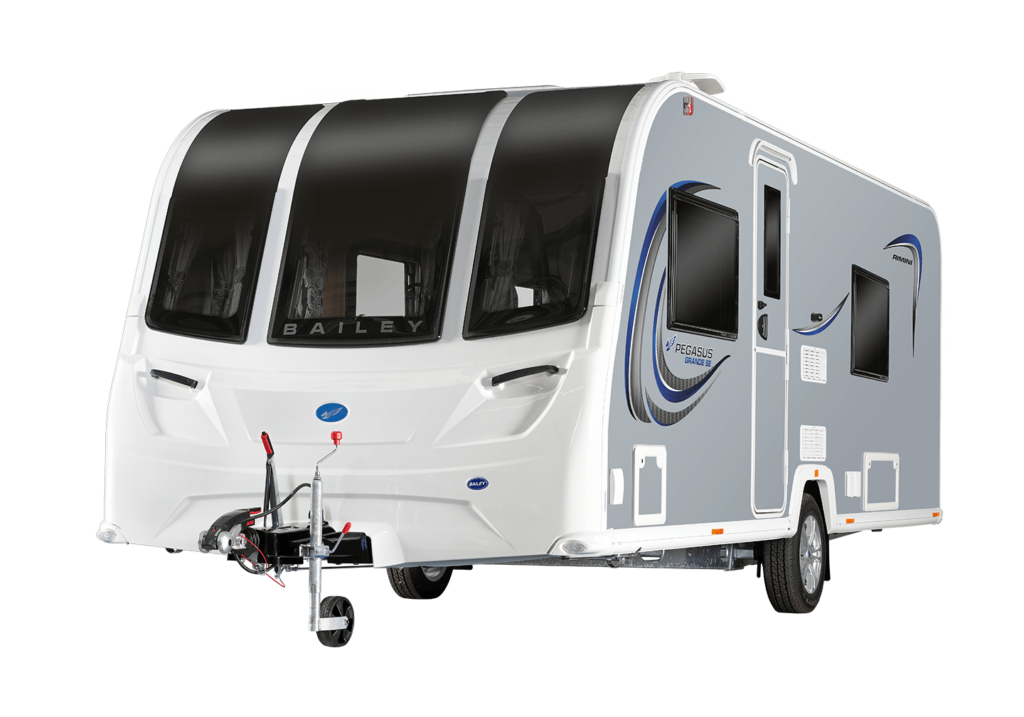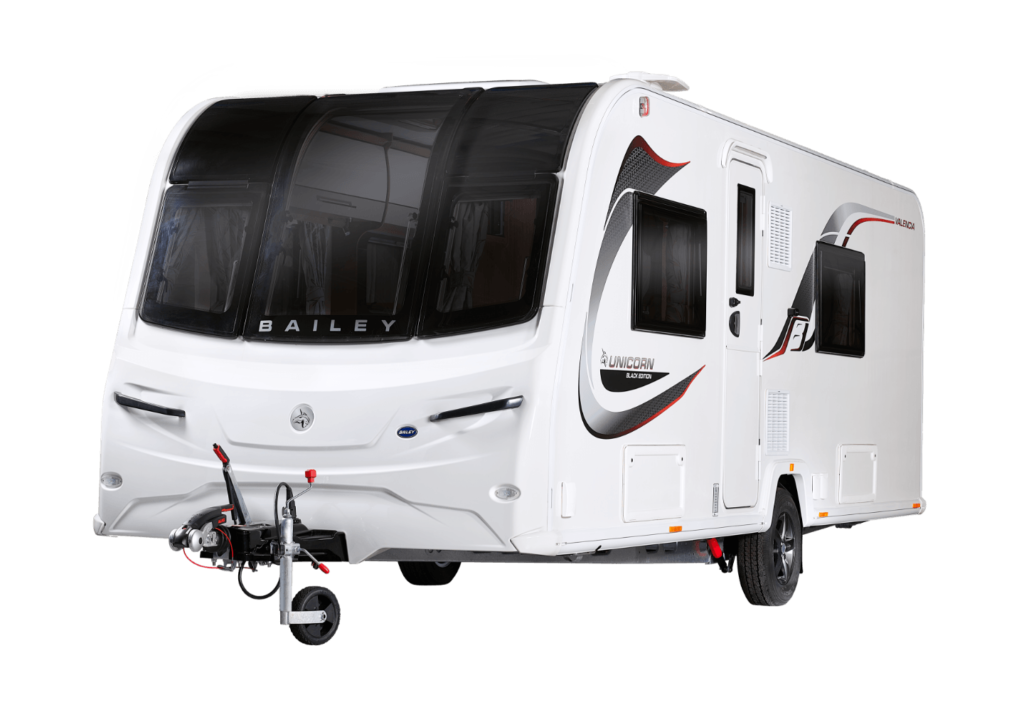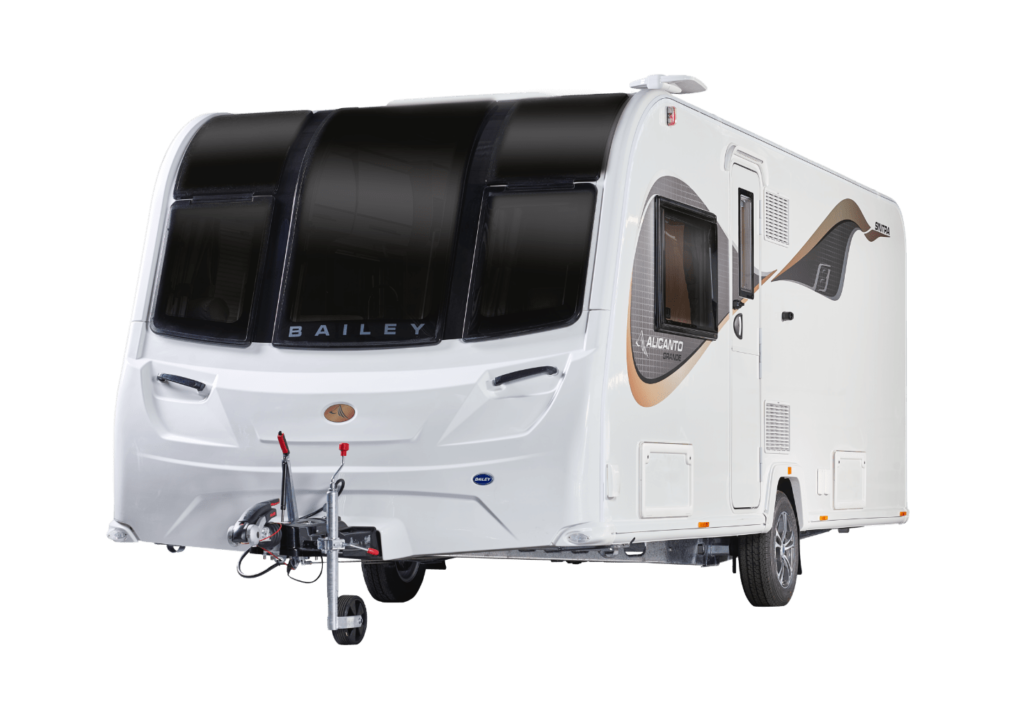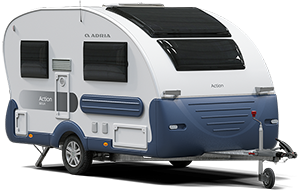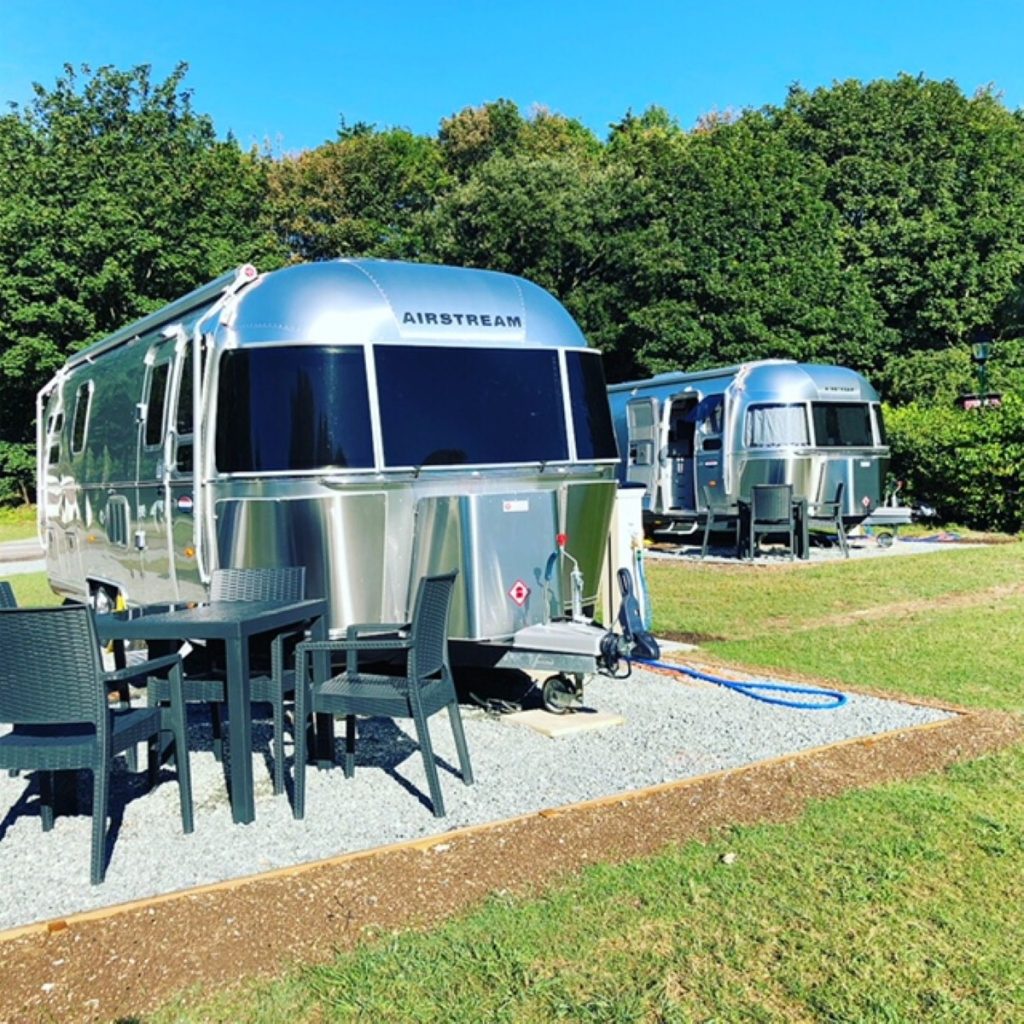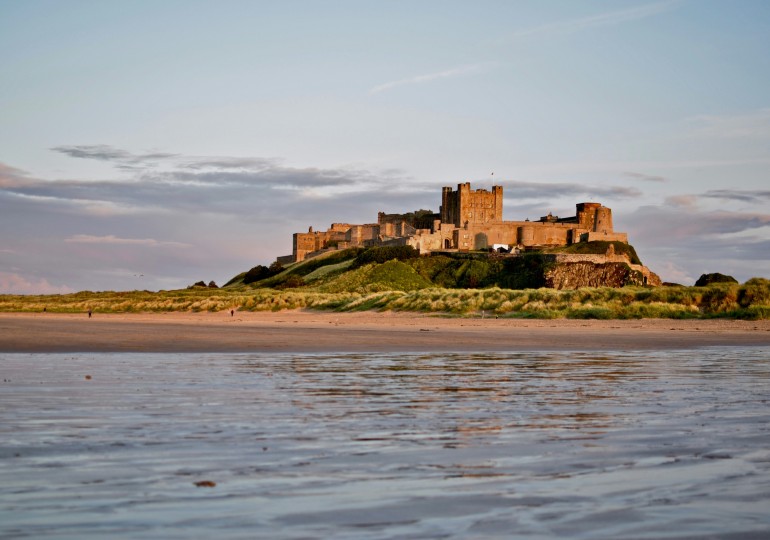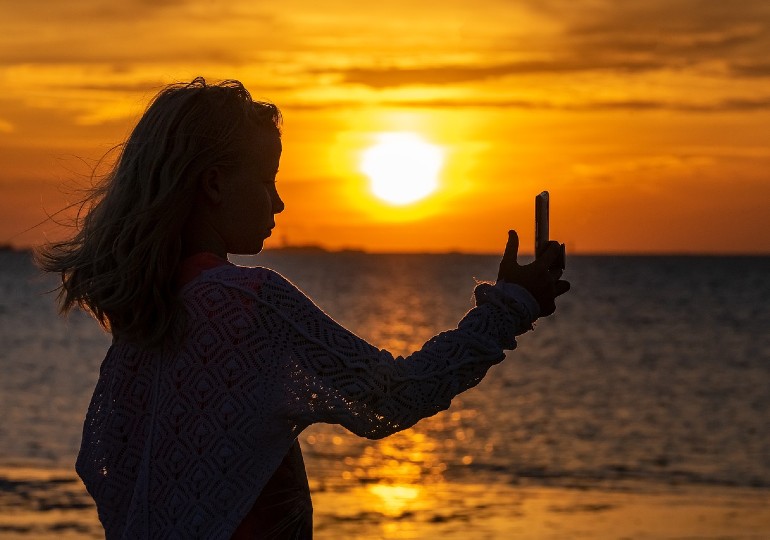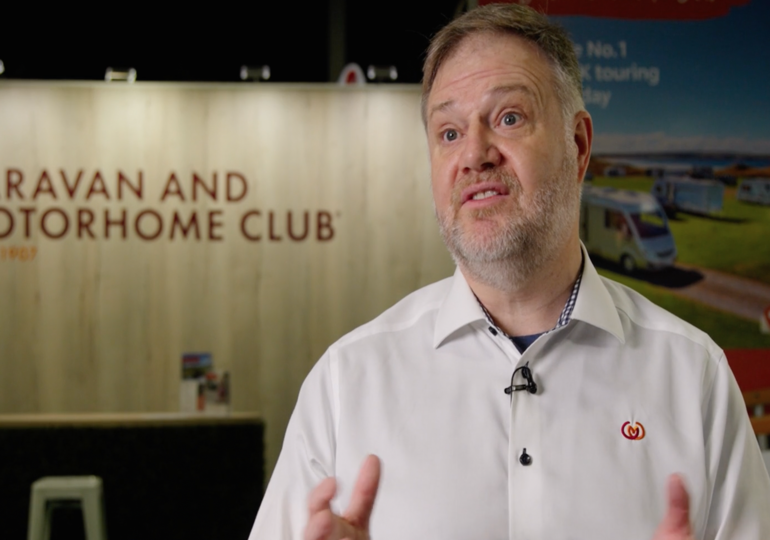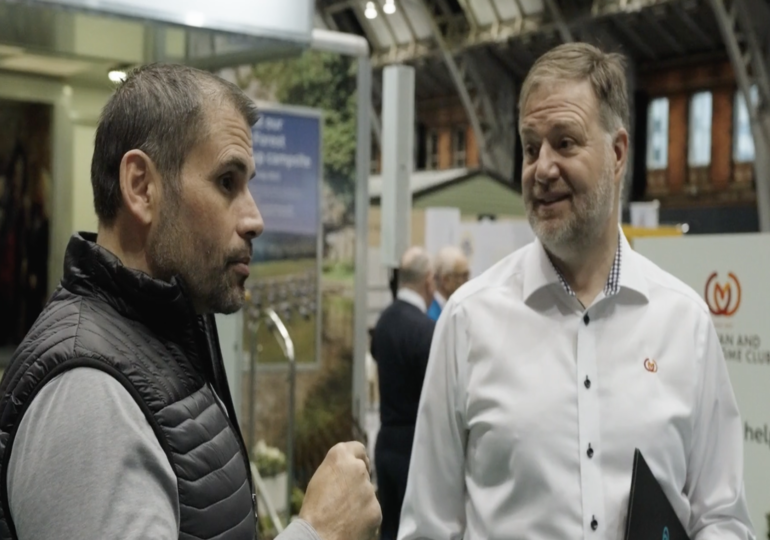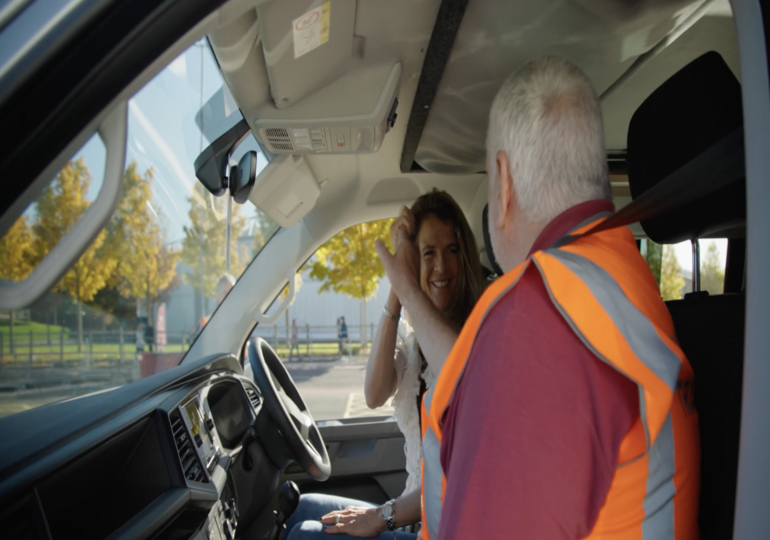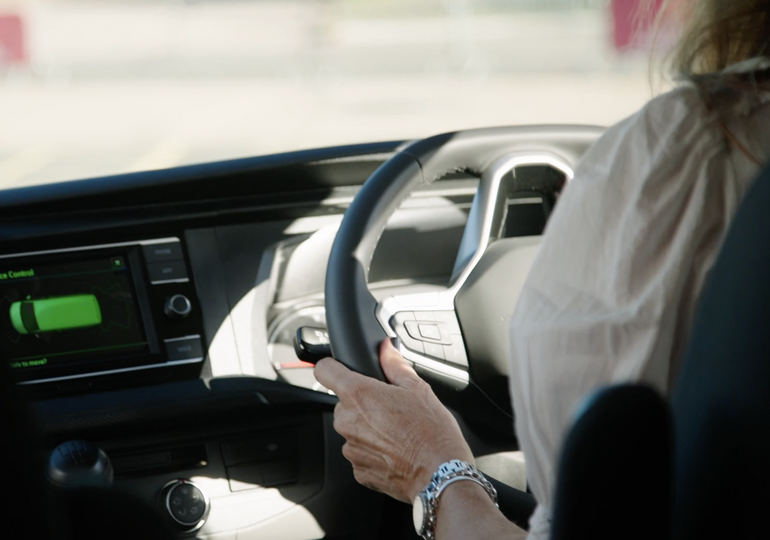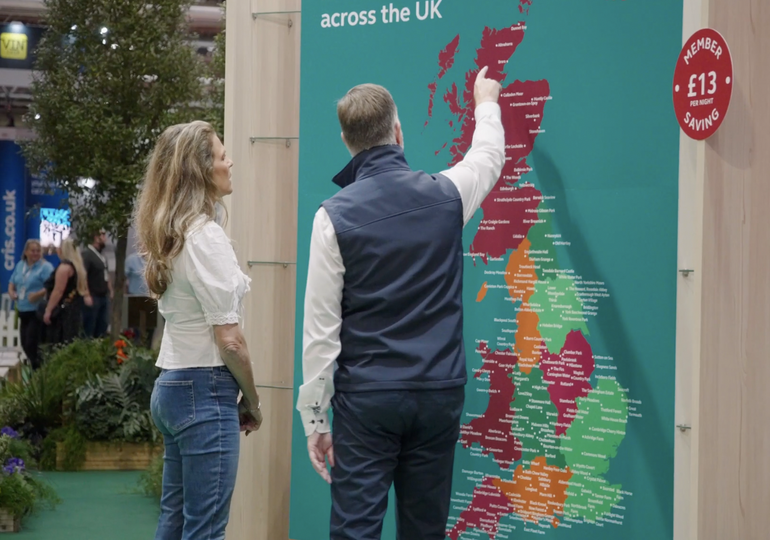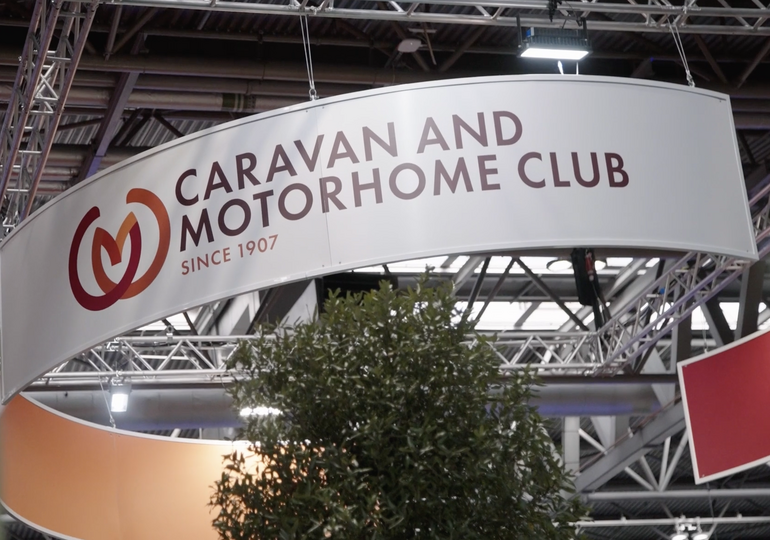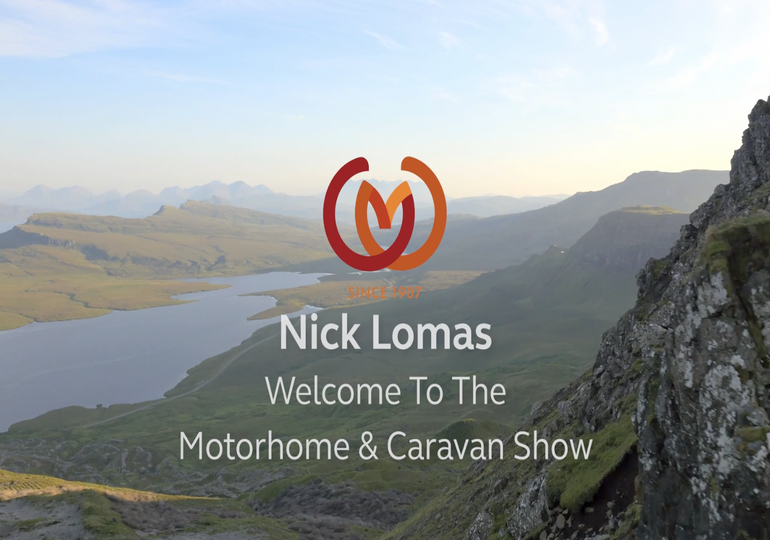CampervanCo unveiled the Ford Transit Custom Evolution Eco Camper at the Caravan, Camping and Motorhome Show in Birmingham last month.
The model represents the next generation in low emission leisure vehicles and utilises pioneering hybrid technology to deliver up to 26 miles on a single zero-emission, electric charge.
Anyone concerned with range anxiety will be reassured with a one-litre Eco Boost range-extender engine.
CampervanCo designs and custom builds campervans, championing environmentally-friendly solutions to reduce the impact of the lifestyle, which is all about getting out and enjoying the great outdoors.
In 2016, the Scottish based company was the first manufacturer globally to produce fully hybrid and tribrid (natural gas, petrol and electric power) 4WD vans.
As well as being the lowest carbon emitting campervan the firm has ever offered, the Ford Evolution Eco Camper features modular, lightweight kitchen units, enhanced insulation for improved climate control and a hot water dispenser.
There’s also phone and tablet charging stations, optional Wi-Fi technology, an elevating roof and a lift-up bed space suitable for two adults.
Everything in the camper has been carefully considered to be as lightweight as possible, ensuring unrivalled fuel economy.
The 1,000 watt solar panel adds to the eco credentials and helps to boost the 3,000 watt leisure battery to power the cooking appliances and lighting.
Gary Hayes, CEO at CampervanCo said: “At CampervanCo we have set out ambitious targets to be entirely emissions-free by 2025, five years ahead of the government’s own commitments.
“The Ford Evolution Eco Camper is the next evolution in this strategy, providing motorists with 26 miles on electric charge, with an extender that allows them to discover new places without any anxiety about whether they will reach their destination.
“The campervan was first created to allow people to discover the natural world around them. There is an intrinsic connection to the outdoors and as such we have a responsibility to ensure we are doing all we can to limit our impact on the places we visit.”
Photo credit: Peter Sandground

